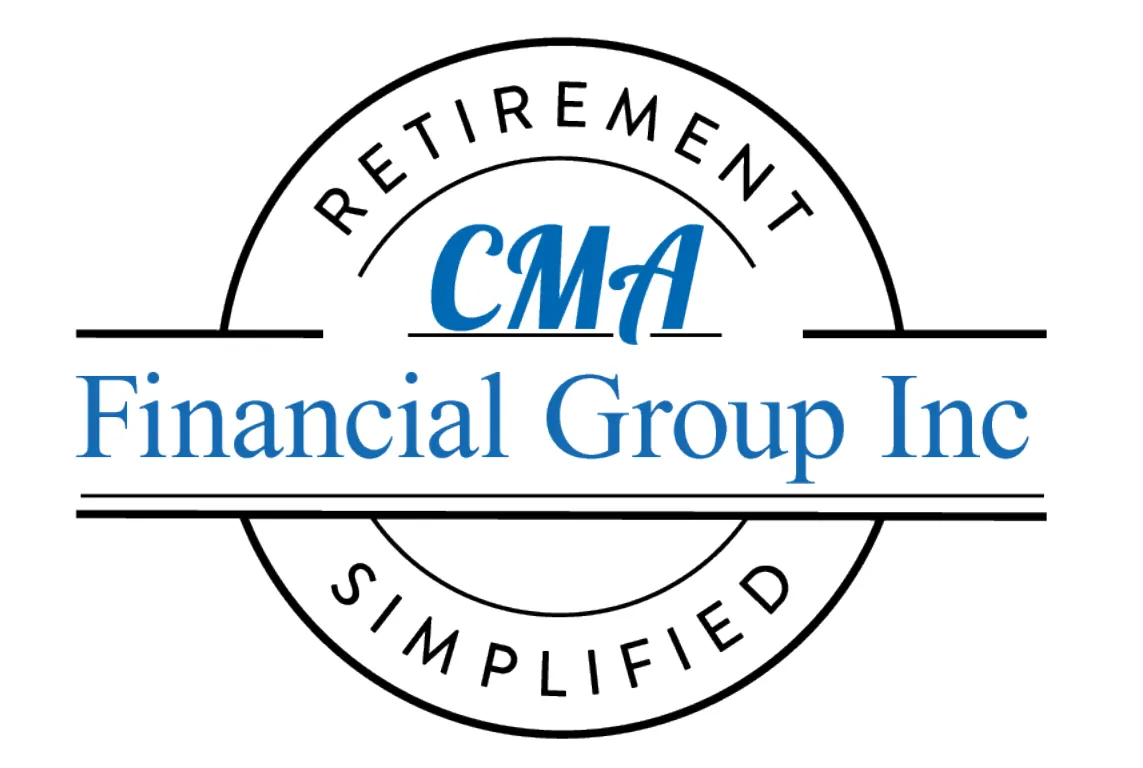
"Navigate Your Retirement Income with Confidence—Expert Financial Planning Awaits!"
Secure your spot today before seats fill up! Once you register, you will be sent an email with further details.
Secure Your Financial Future Today
Master Your Future: Expert Enhanced Planning Webinar
Learn strategies to grow and protect your wealth with expert guidance in our upcoming financial planning webinar.
Financial Solutions for Every Life Stage
We offer wealth accumulation, retirement planning, investment management, tax strategies, and estate planning to meet your financial goals.

Wealth Accumulation Strategies
Boost your wealth with tailored investments, savings strategies, and smart budgeting.

Retirement Planning Solutions
Secure your retirement with personalized plans tailored for a fulfilling life after work.

Tax Optimization & Estate Planning
Preserve your wealth with expert tax planning and estate management for future generations
Speaker
Alex Rascionato

Owner - Financial Advisor - Fiduciary
Managing finances with unpredictable income can be tricky, but it’s not impossible!
Join me in this webinar where I’ll talk about the tools and techniques I’ve adopted to handle irregular income, save consistently, and stay prepared for tax season.
Financial planning is key to stability, and I can’t wait to show you how I’ve made it work.
Got Question?
We've got answers
In your freelancing journey, you likely have many questions and concerns. Our goal is to help you navigate through them, which is why we've compiled answers to the most common questions. Whether you need insights on budgeting, taxes, or financial planning, our comprehensive FAQ section is here for you. If you don’t find your question listed, feel free to ask us—we’re here to assist you!
What are the best budgeting practices for freelancers?
Freelancers should track all income and expenses meticulously. Consider using budgeting apps or spreadsheets to categorize expenses and set financial goals. Aim to save a portion of your income each month to cover lean periods.
How do I handle taxes as a freelancer?
As a freelancer, you are responsible for reporting your income and paying taxes. It's essential to keep detailed records of your earnings and expenses. You may want to consult a tax professional to understand your obligations and maximize deductions.
What should I include in my financial plan?
A comprehensive financial plan for freelancers should include budgeting, savings goals, retirement planning, and an emergency fund. Additionally, consider setting aside money for taxes and investing in professional development.
How can I manage irregular income?
Managing irregular income involves creating a buffer. Set aside a portion of your earnings during high-earning months to cover expenses during leaner times. Building an emergency fund can also provide stability and peace of mind.
What are the advantages of having a separate business account?
Having a separate business account helps streamline your finances by keeping personal and business expenses distinct. This makes it easier to track income, manage cash flow, and prepare for taxes, reducing the risk of financial confusion.

